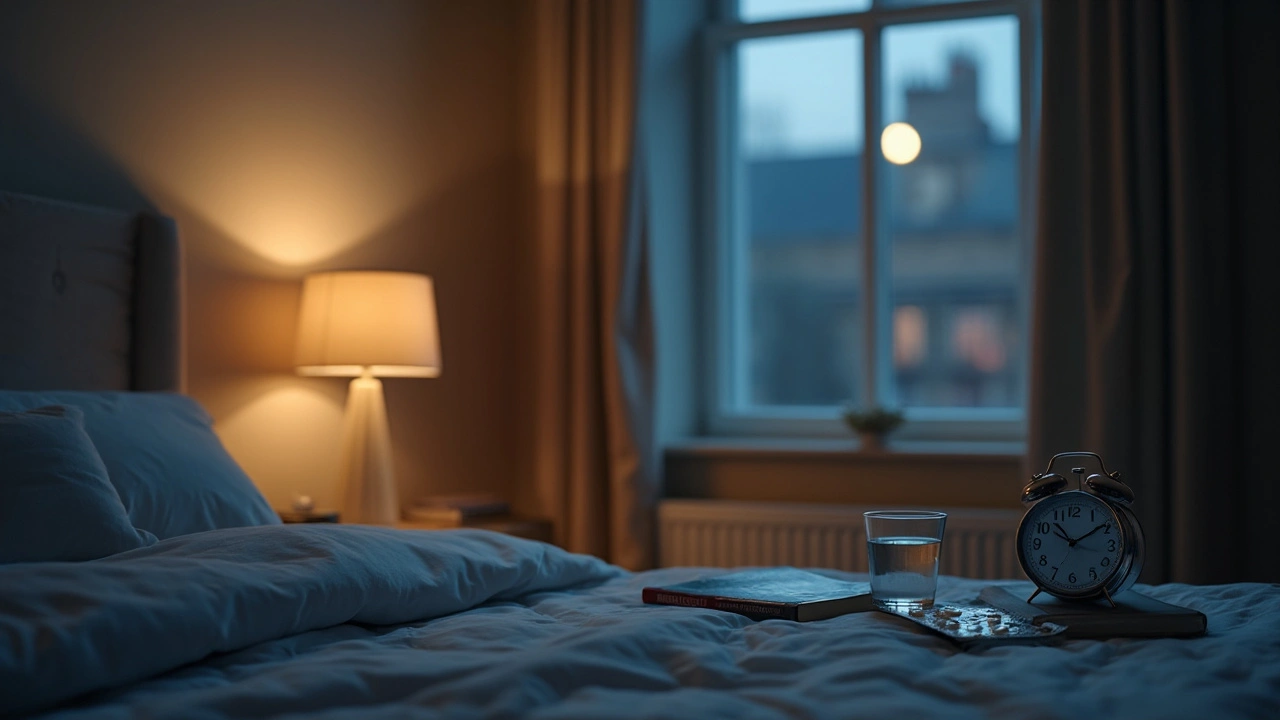Statins and Sleep: What You Need to Know
Worried your cholesterol pill is stealing your sleep? You’re not alone. Some people report trouble falling asleep, waking often, vivid dreams, or daytime tiredness after starting a statin. Most users never have sleep issues, but if it’s happening to you, there are clear, practical steps to try.
Why statins might affect sleep
Statins lower cholesterol and that helps protect your heart. But they can also change things in the body that touch sleep. A few ways this can happen:
- Brain access: Some statins are lipophilic (like simvastatin and atorvastatin) and cross into the brain more easily. That may increase the chance of sleep changes.
- Energy and mitochondria: Statins can reduce coenzyme Q10 for some people. That can affect muscle energy and cause fatigue or restless nights.
- Drug interactions: Medicines that raise statin levels (certain antibiotics, antifungals, or grapefruit) can boost side effects.
- Other meds and conditions: Thyroid problems, stimulants, antidepressants, or sleep apnea often cause poor sleep and can be blamed on statins if not checked.
Research is mixed. Small studies and case reports show sleep trouble for some people, while larger trials don’t always find a clear link. Still, individual reactions matter.
Practical fixes you can try
Before stopping the drug, try these simple steps:
- Move the dose: If you take your statin at night, try switching to the morning. Some people sleep better after that change.
- Switch type: Ask your doctor if a hydrophilic statin (like pravastatin or rosuvastatin) could be an option. These are less likely to enter the brain.
- Lower or change dose: A lower dose or a different dosing schedule may reduce sleep issues while still giving benefit.
- Check interactions: Tell your doctor about all medicines, supplements, and grapefruit. Avoid combinations that raise statin levels.
- Improve sleep habits: Cut caffeine late in the day, limit alcohol, keep a cool dark room, and keep screens away before bed.
- Keep a symptom diary: Note when sleep changes began, what you eat, other meds, and how long after starting the statin you felt worse. Bring this to your clinician.
If sleep problems persist, talk to your doctor. Don’t stop a statin suddenly without advice—your cardiovascular risk needs a plan. Your doctor may suggest switching drugs, adjusting dose, testing thyroid or sleep apnea, or trying a short trial off the statin under supervision.
Bottom line: Statins can cause sleep issues for some people, but there are practical, safe steps to try. Track your symptoms, check for other causes, and work with your clinician to find an option that protects your heart and your nights.

- Apr 29, 2025
- SkyCaddie Fixer
- 13 Comments
How to Sleep Better While Taking Atorvastatin: Science-Backed Tips for Restful Nights
Struggling to sleep well while taking atorvastatin? You're not alone. This article unpacks the connection between this common cholesterol medication and sleep trouble, while sharing practical, science-backed sleep hygiene strategies you can use tonight. We dig deep into why atorvastatin might affect sleep, what real people experience, and what you can do about it. Discover night-time routines, bedroom tweaks, and clever lifestyle fixes that support restful nights—especially if you're dealing with statin-related insomnia.
